In today's fast-paced world, where we are constantly bombarded with information and distractions, taking care of our brain health is more important than ever and has become a hot topic. When we care for our brain, we improve our emotional stability, memory, ability to learn and all cognitive functions. The strategies, ideas and exercises I share are usually quite simple. But are these tips and tricks really effective and what do they really accomplish?
Before I go on I want to ask for your help. I am creating a hybrid course to help young people who don't want to be part of the mental health crisis1. If you know a young adult who needs to silence their self doubt, gain confidence so they can start moving toward financial freedom, thriving relationships and the life they desire, please reach out to me. The course will be delivered in the style they love - online with some live, interactive sessions, and peer group support. I will be sharing tools, teaching strategies and helping them implement new patterns of thinking so they can manage their minds and take control of their lives. I'm about to launch the pilot course and I'd like to have a few more students. I do not have a sales page for the pilot, just hit reply to ask for more details ~ I can assure you, it will be worth it!
How do you know when kids are struggling? Ask, and ask again.
Photo by Omar Lopez

Photo by Omar Lopez
The human brain is a remarkably adaptable organ, capable of forming new neural connections and pathways throughout our lives. The term for the changes that occur is 'neuroplasticity'. Like plastic, our brain can be molded. And fortunately it does not require complicated or elaborate techniques. In fact...
some very simple practices have a profound impact on brain health.
With a little effort, you can be a happier, healthier person with less brain fog, a better memory and less chance for dementia and brain disease - to name just a few benefits!
Neuroplasticity occurs and brain health is improved when we consistently do what is good for us and when we act in virtuous ways. The opposite is also true. Poor behavior and lifestyle choices decrease brain health and increase brain fog, memory, depression and the chances of dementia and other brain disease.
Here are just a few well documented things you can incorporate into your life today to improve your brain health.
- Laugh often.
- Learn new things.
- Exercise.
- Reduce inflammation.
- Take supplements targeted at your needs.
- Be mindful and fully present in daily activities.
- Choose gratitude, kindness, compassion and empathy.
- Participate in spiritual disciplines.
- Make healthier dietary choices.
- Get adequate sleep.
- Coaching or counseling.
- Take targeted brain supplements.
This list could go on and on. I bet you can think of some things to add to this list. Am I right?
While the tips may seem simple and obvious, implementing them consistently and making them a part of your regular routine can be challenging. Making lifestyle changes a priority and adopting new patterns of thinking, along with giving yourself grace when you realize you've failed are keys for enjoying the life you desire. Good physical and emotional health go hand in hand with good brain health.
Rewiring the brain is not for the faint of heart. Coaching and taking targeted supplements can both greatly increase the probability of your success. There are some amazing supplements on the market to support brain health. I prefer BrainMD supplements because I know the research that has gone into them and the purity of their products.
Dopamine is what I can run low on, so BrainMD's Lithium Orate helps me. Dave tends to be low on serotonin, so Serotonin Mood Support works well for him. You'll find these supplements and most of your supplement needs at a discount in my FullScript store. A gal that made her first purchase at my FullScript store sent me this:
"Hey Suzette, thanks for telling me about Fullscript. I saved more than $30 and I only ordered two products!”
~ Debbi, Bellevue, WA
The research regarding the effectiveness of essential oils on mental health is robust. The Feelings Kit is a wonderful place to start, if you enjoy lovely aromas and want a powerful boost to your well being.
I am a big fan of trying supplements before medications. Especially psychiatric medications because sadly "the field of psychiatry is stuck in an antiquated system"2 that does not help most people, but it does help a small minority.
The former director of NIMH (the National Institutes of Mental Health), and lead psychiatrist in our nation, near the end of his tenure for the government agency, apparently felt more free, and maybe compelled, to write about his concerns. In the Journal of Clinical Investigation he said, “The unfortunate reality is that current medications help too few people to get better and very few people to get well.” ~Thomas Insel. The statistics are astoundingly poor.
Whether we like it or not, our brain is ever changing! - for the good, or for the worse! It is our responsibility, and absolutely worth the effort to keep it healthy and growing in a positive direction!
To order Young Living Essential Oils or nontoxic products, please use my link: youngliving.com - thanks!

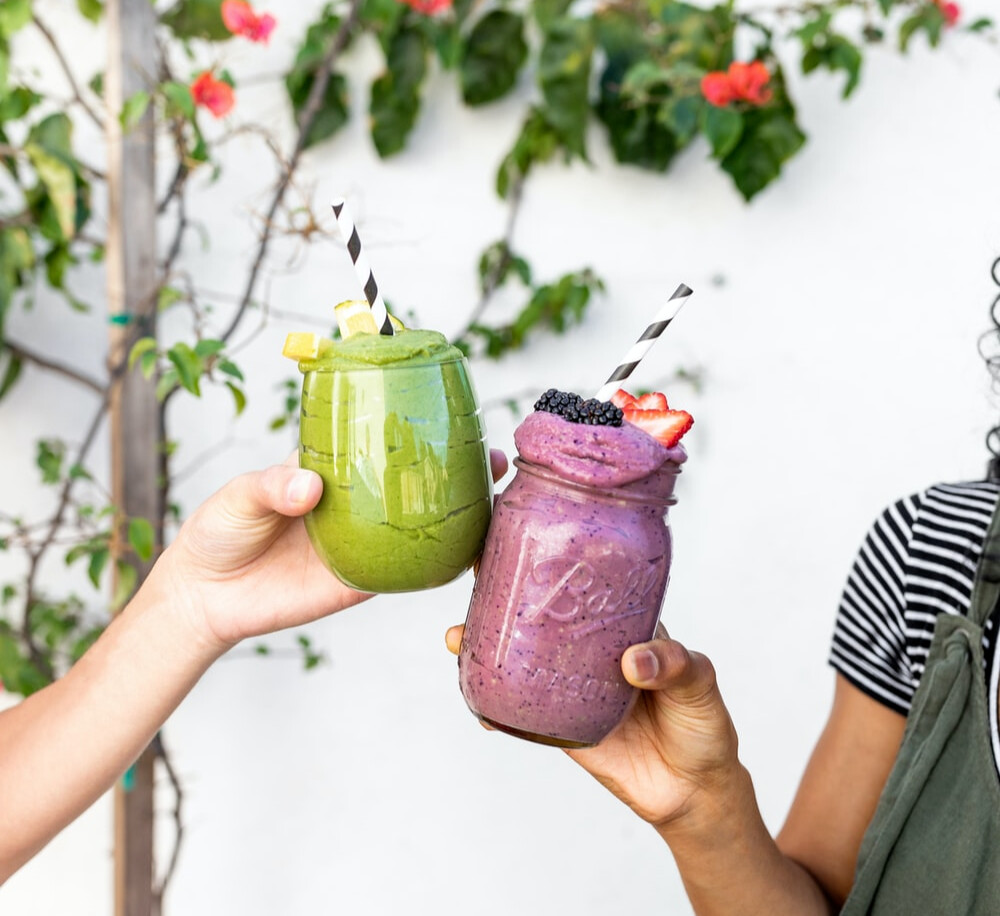
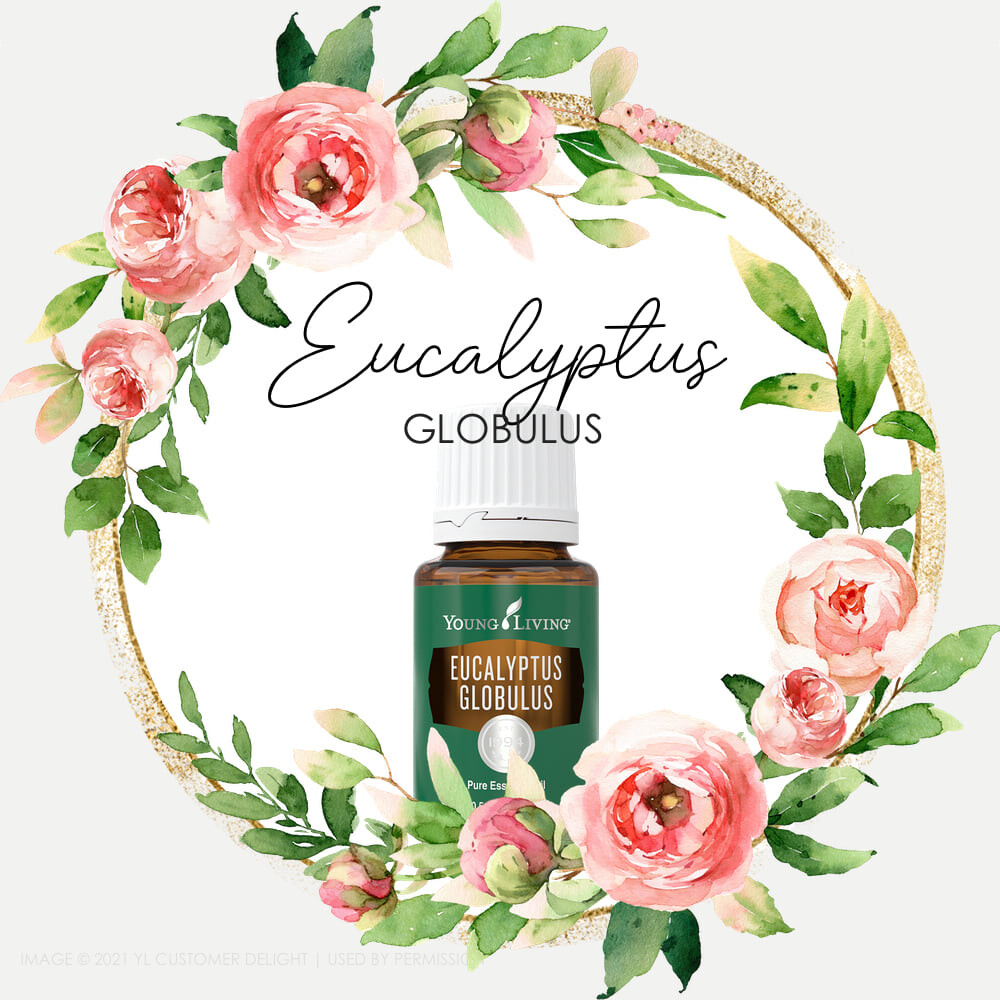
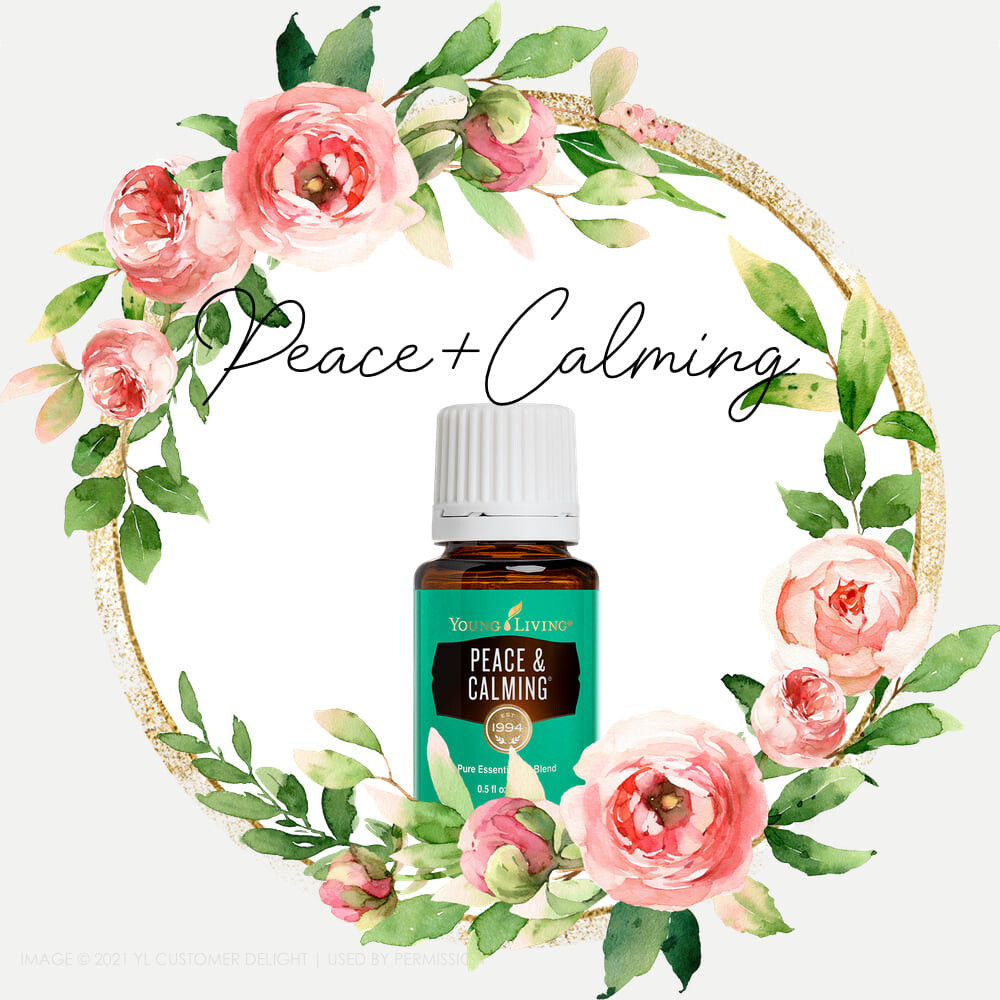
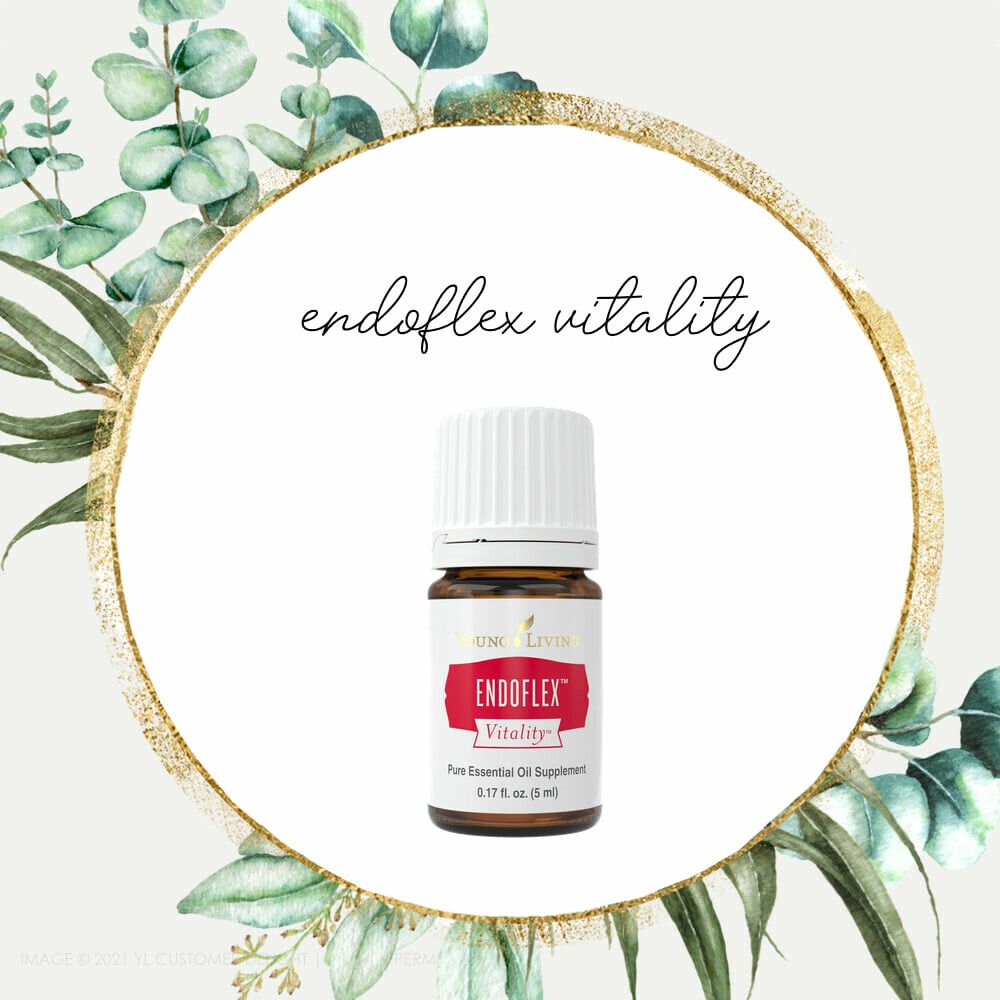




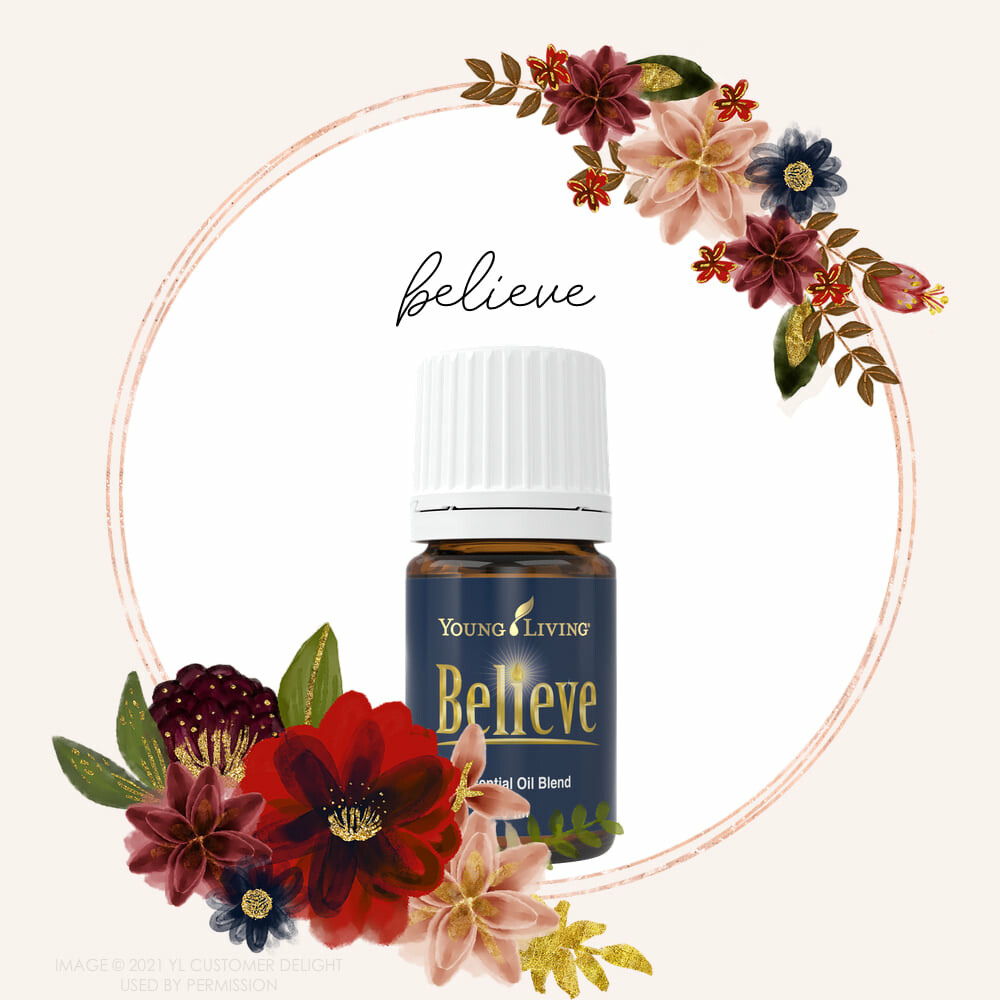
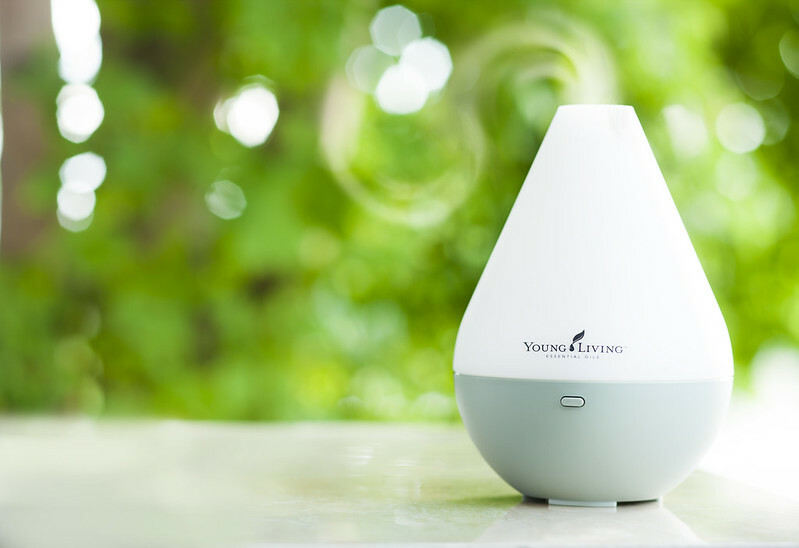
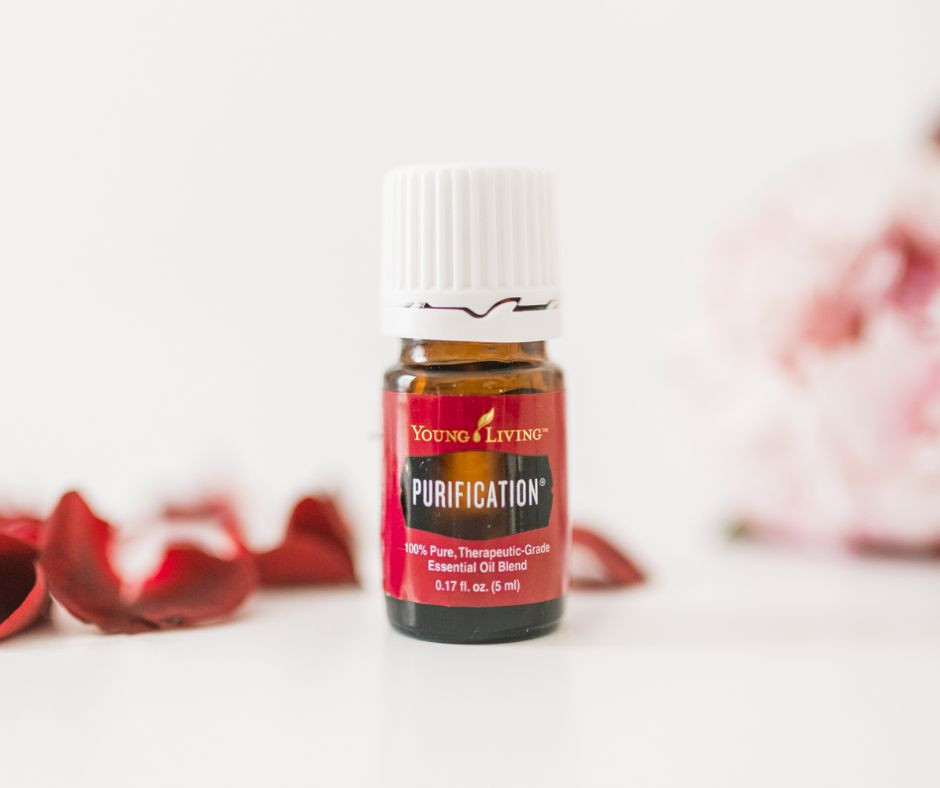


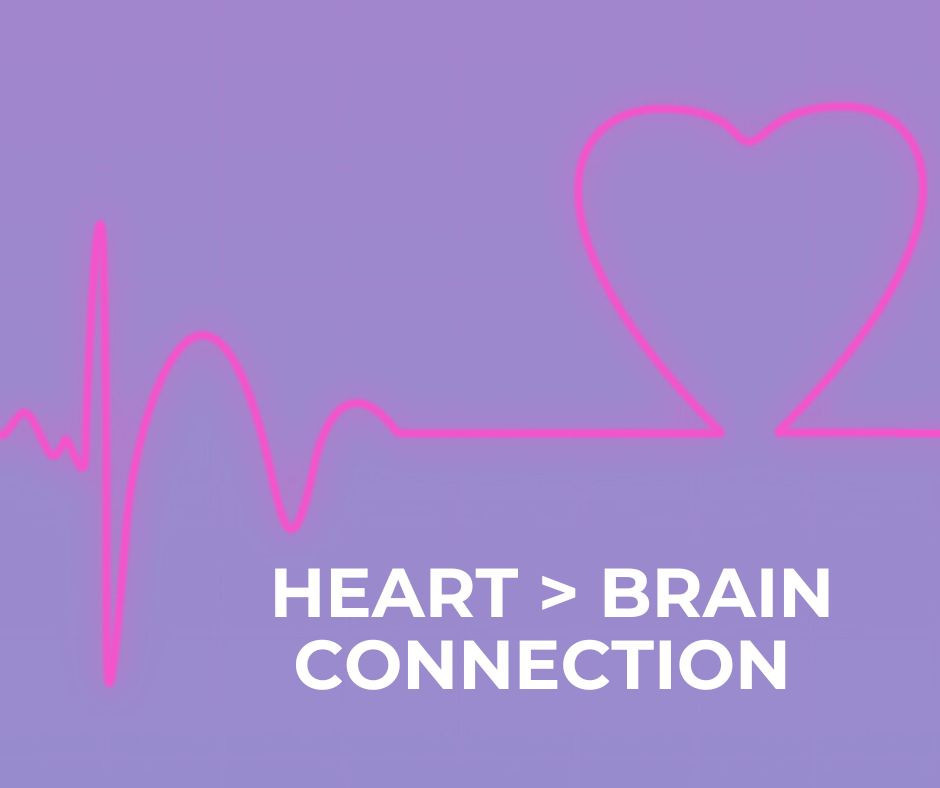






0 Comments